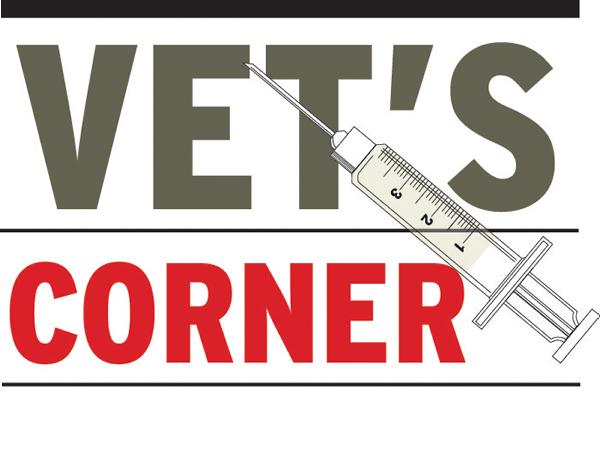The current expansion of the dairy herd in Ireland has brought a lot of positivity and we, as veterinary surgeons, can feel the buzz as we do our rounds.
It is interesting to listen to the different methods that are being used to make this expansion possible and also to see where things can be done more efficiently.
There is no doubt that it has brought many challenges, especially from a herd health and disease control point of view. Intensification can cause problems of its own and there are viruses and other organisms that are relatively new here, each of which we have to understand and control in different ways.
However, we also have to remember the older diseases that we have been dealing with for years.
I was reminded of this recently when I was called out to a 90-cow herd that had two cows which aborted. Another cow had aborted five days previously.
Both of these cows were trying to pass a foul-smelling afterbirth and were both sick.
I sent one of the aborted foetuses with some of the afterbirth and blood samples from the three cows to the regional veterinary laboratory.
A few days later, the lab confirmed that salmonella had caused the abortions.
Salmonella is different to most other causes of abortion, as it can cause sickness in the cows, often with a bad womb infection.
On this farm, I was able to remove what was left of the afterbirth and the cows have responded well to a course of antibiotics.
I set up a vaccination programme straight away for all in-calf cows and heifers.
They will need two shots for the first year, which are given three weeks apart.
This will be followed by a single booster every year and the in-calf heifers will get the two-shot course as they are introduced into the herd.
Salmonella abortions usually occur in the second half of pregnancy and, in spring-calving herds, the abortions peak in October and November.
So, for anyone who needs or wants to vaccinate, now is the time to do it.
Shane McGuckin is a partner in The Vet Hospital, a five-person mixed practice in Gorey. The Vet Hospital, Gorey, is part of XLVets. XLVets is a group of progressive practices who are working together to achieve a better future for agriculture and veterinary in Ireland. For further information, go to www.xlvets.ie






 This is a subscriber-only article
This is a subscriber-only article










SHARING OPTIONS: